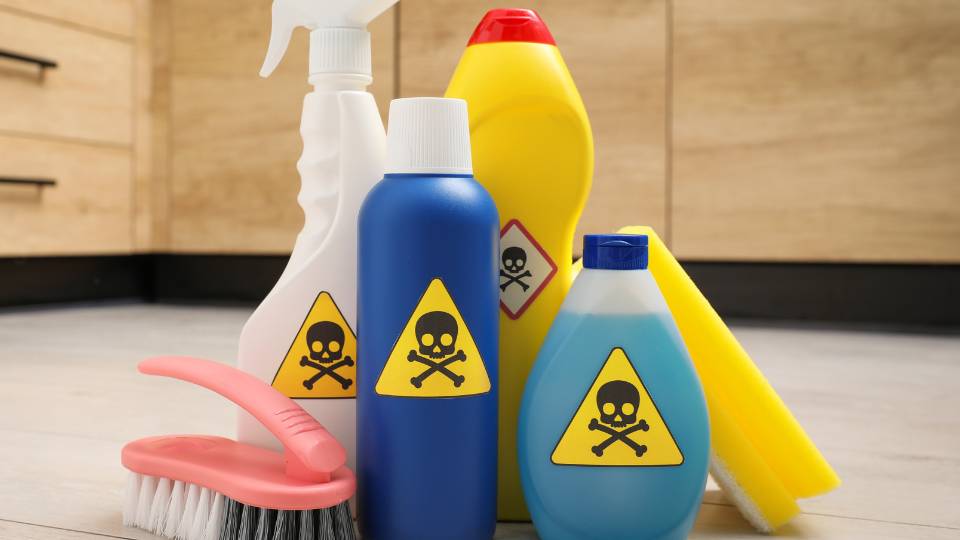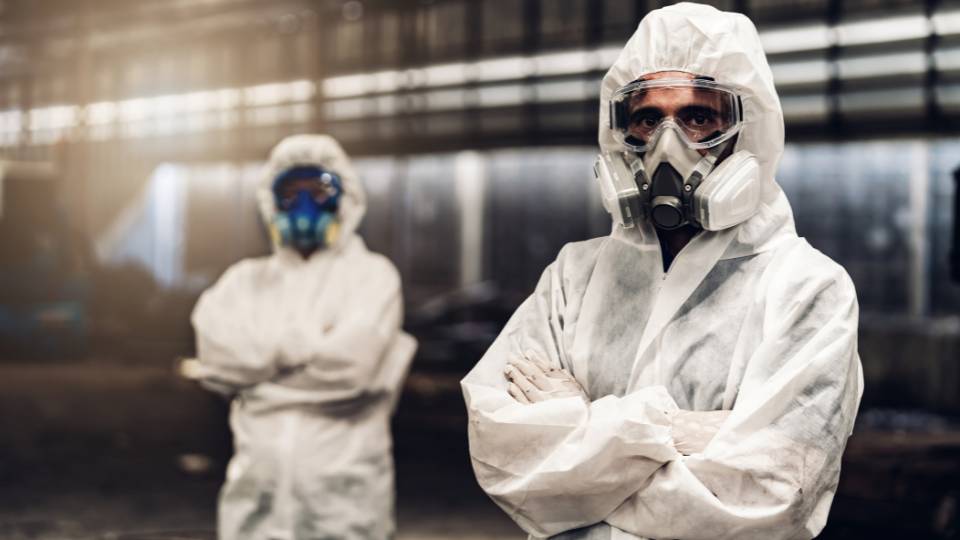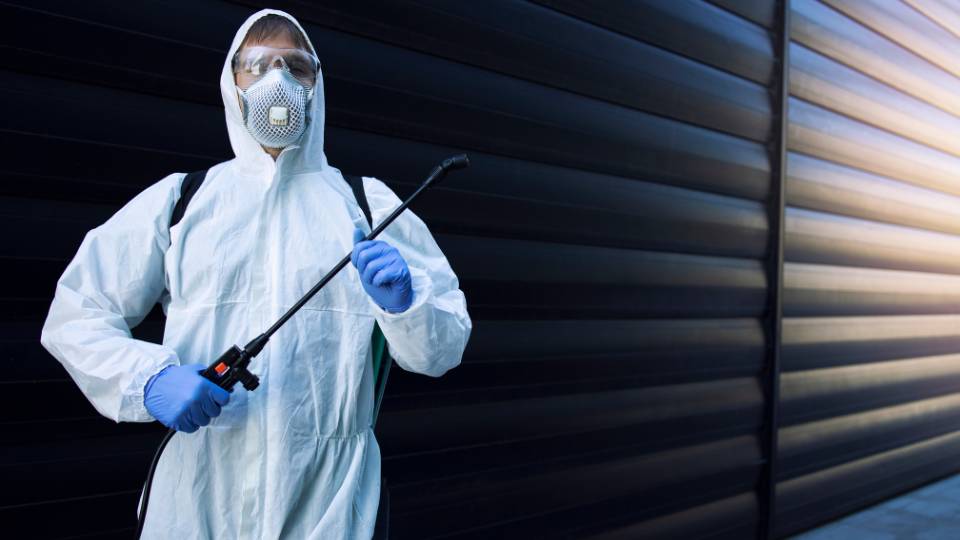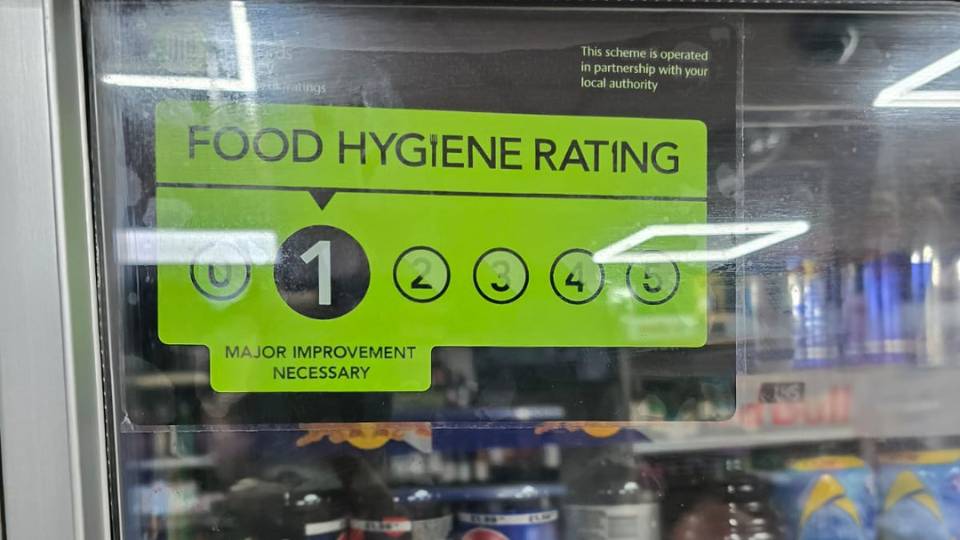
Quick summary:
- Pest control chemicals are effective but pose health risks, especially with prolonged exposure.
- Short-term exposure causes headaches, dizziness, and nausea; long-term exposure can lead to serious health issues like cancer.
- UK businesses reported 5,000 pesticide incidents in 2022; safety measures and training can cut exposure risks significantly.
Pest control is a crucial aspect of maintaining a clean and safe environment in any business.
However, the use of pest control chemicals raises important questions about their safety for humans.
As a business owner in the UK, it’s essential to understand the potential risks and ensure the well-being of your employees and customers.
This blog will discuss the safety of pest control chemicals, addressing common concerns and providing statistics to help you make informed decisions.
Table of Contents
- Understanding Pest Control Chemicals
- Potential Health Risks
- Statistics about Pest Control Chemicals
- Conclusion

Understanding Pest Control Chemicals
Pest control chemicals, also known as pesticides, are substances used to eliminate or control pests.
These can include insecticides, herbicides, rodenticides, and fungicides.
While these chemicals are effective in managing pest populations, their impact on human health is a topic of ongoing research and debate.

Potential Health Risks
Short-term Exposure
Short-term exposure to pesticides can lead to symptoms such as headaches, dizziness, nausea, and skin irritation.
According to the Health and Safety Executive (HSE), in 2022, there were over 1,500 reported cases of pesticide-related incidents in the UK.
Long-term Exposure
Prolonged exposure to certain pesticides has been linked to more severe health issues, including respiratory problems, endocrine disruption, and even cancer.
A study by Public Health England indicated that occupational exposure to pesticides could increase the risk of developing certain types of cancer by 15-20%.
Vulnerable Populations
Pregnant women, children, and individuals with pre-existing health conditions are particularly vulnerable to the harmful effects of pesticides.
The European Food Safety Authority (EFSA) reported that children are more susceptible to pesticide toxicity due to their developing immune systems.

Statistics about Pest Control Chemicals
- Incident Reports: According to the Pesticide Usage Survey, there were 5,000 incidents of pesticide exposure reported by UK businesses in 2022.
- Safety Measures: Implementing proper safety measures can reduce the risk of pesticide exposure by up to 70%. This includes using protective gear and following manufacturer instructions carefully.
- Training and Education: Businesses that invest in regular staff training on pesticide safety report 50% fewer incidents of exposure.

Conclusion
While pest control chemicals are effective in managing pests, they pose potential risks to human health, particularly with prolonged exposure.
UK business owners must stay informed about these risks and implement safe practices to protect their employees and customers.
By understanding the regulations and adopting safer alternatives, businesses can maintain a pest-free environment without compromising health and safety.








